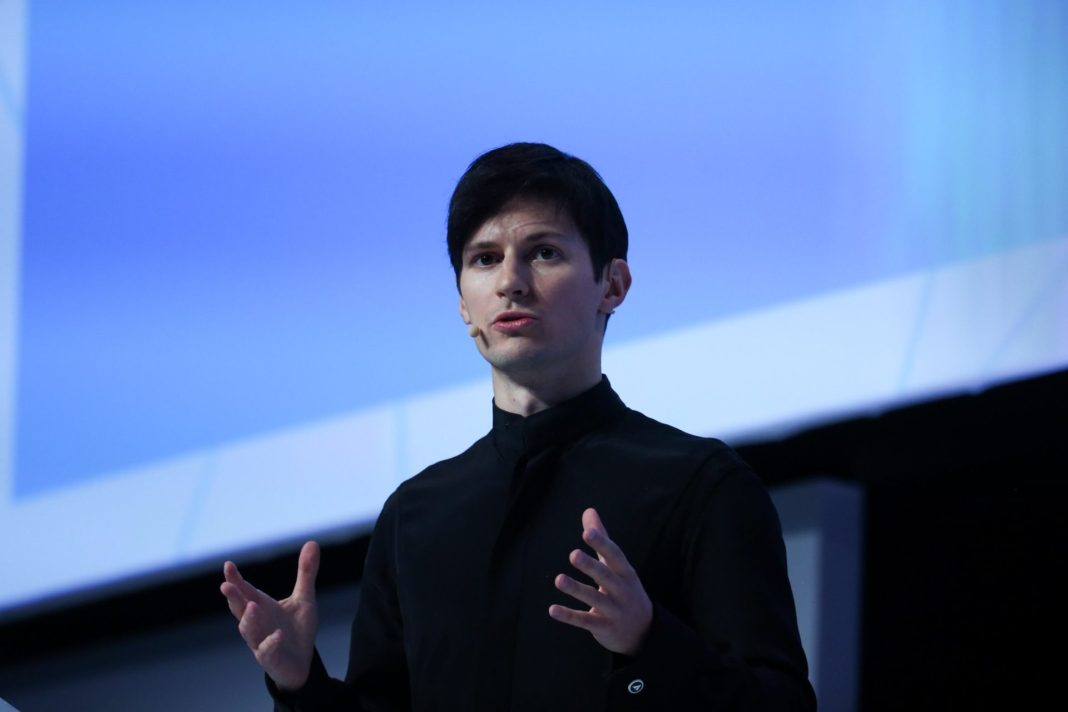The Russian diplomat denounced Paris for its stance “on the issues of freedom of speech, freedom of dissemination of information and, in general, on the issues of respect for the profession of journalists”.
He also revealed that Durov had been “threatened with terrible punishment, apparently with the aim of gaining access to the [application’s] encryption codes”.
The detention took place “on someone’s advice”, Lavrov noted, echoing remarks made by other Russian officials.
Durov, who has French as well as Russian nationality, was arrested near Paris over the weekend as part of an investigation into crimes related to images of child sex abuse, drug trafficking and fraudulent transactions on the platform, French prosecutors said on Monday.
It remains unclear if he knew about the threat of arrest in France. Durov’s French lawyer did not immediately reply to a request for comment.
Durov’s arrest has plunged Moscow-Paris ties to their lowest level, Lavrov stressed, capping months of deteriorating relations between the two nations.
French authorities accused Russia of trying to destabilise it ahead of the Paris Olympics in response to its more hawkish stance on the Ukraine war – claims Russia has denied.
Durov’s detention was extended by 48 hours late on Monday, a spokesperson for the Paris prosecutor’s office said on Tuesday. After that, prosecutors will either need to charge or release him. Should he face charges, his flight risk status is a factor judges have to include in their assessment of possible pretrial detention, according to French law.
Kremlin spokesman Dmitry Peskov told reporters on a conference call on Tuesday that Russia was ready to provide Durov with all necessary assistance given his Russian citizenship, but that his French citizenship complicated the situation. Durov also holds a UAE passport.
“The charges are very serious indeed,” Peskov stated, adding, “They require a no less serious basis of evidence. Otherwise they will be a direct attempt to limit freedom of communication.”
